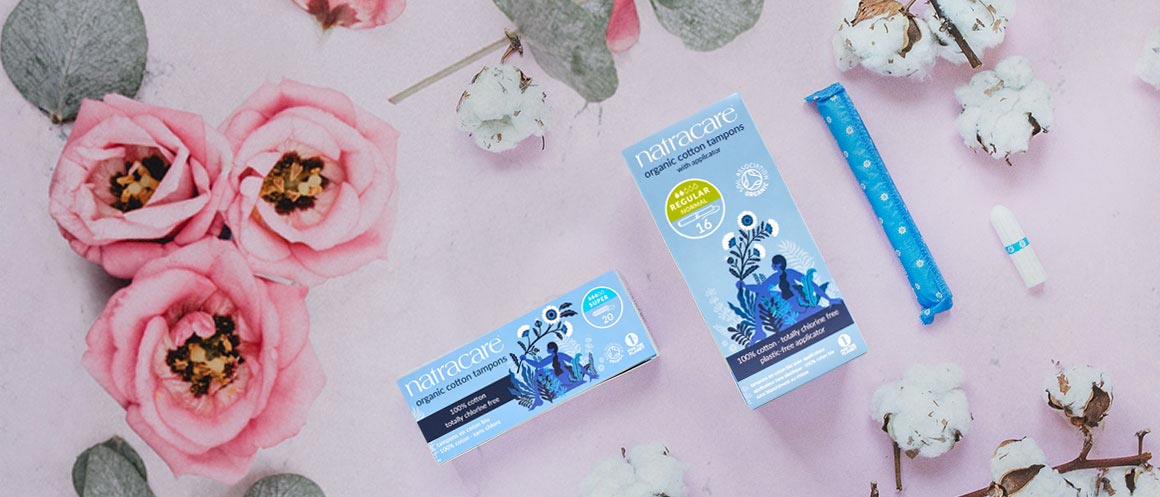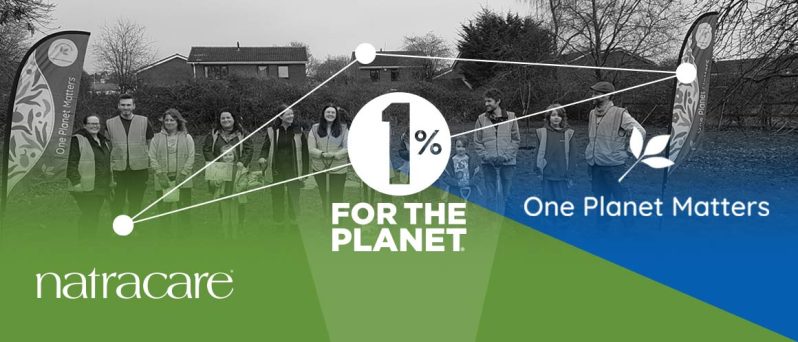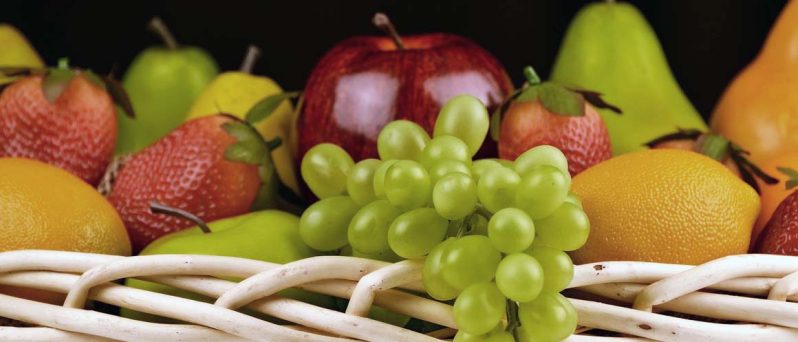For us, Veganuary is more than your diet. While vegetable sales might be soaring and superfoods flying off the shelves, a lot of period products being purchased this month aren’t vegan.
But do you know why your period might not be vegan?
Animal testing: conventional period products aren’t cruelty-free
Rabbits, guinea pigs and baboons have to endure having a tampon – laced with live TSST positive bacteria – forced up their vaginas and left in for hours. If this wasn’t bad enough, for whatever (no good) reason, some rabbits have had to have the tampons inserted into the tissue of the back of their necks for testing. Yep, we couldn’t believe it either.
Sure, many of these tests were from the 80s, 90s and early 00s, but this sort of animal testing – any kind of animal testing – still happens to this day.
To add fuel to the fire, conventional tampons and their strings are unnecessarily bleached with chlorine for that bright white look, and then pushed into the animals (which is all completely unneeded, by the way).
The same is true for menstrual cups too – they’re also considered medical devices – and the silicone they’re made out of needs testing on animals to ensure that it’s stable. Until legislation or requirements for safety testing can change, sadly the cup is not truly vegan if made from medical grade silicone!
We won’t share anymore of these horrors, but you can read more and investigate further about animal testing and period products.
And fear not – there are 100% vegan companies making period products in both products and process.
They’re bad for the environment and our wildlife
Conventional menstrual products contain plastic. In the wrapping, applicator, and even within the very fibres. Plastic period products have consequences on our planet, including the wildlife.
The average menstruator will dispose of 11,000 menstrual products. 1 conventional sanitary pad takes around 500 years to break down, and 1.4 million pads are flushed down the loo every day. That adds up to A LOT of plastic.
Flushing plastic period products down the loo pollutes the seas and harms the marine wildlife. Even, if they do break down, they just become microplastics that animals mistake for food and get stuck in their stomachs. Even correct disposal of conventional products isn’t enough. Plastic gets blown into the sea from landfills and consequently damages our environment.
So, while everyone’s making the move to cut down on their single-use plastic, why not do it with your period products too? Find out more about having a plastic free period.
How to Have a Cruelty-Free, Vegan Period
Having a vegan period is super simple, and here’s how:
- Choose certified organic, 100% natural and cruelty-free period products, like Natracare’s. Animals, birds, bees, insects and you… we make our products with everyone in mind. They’re biodegradable, free from animal testing, animal ingredients, and are suitable for vegans and vegetarians – with the shiny badge from our friends at the Vegetarian Society.
- Dispose of your period products properly. Whether you choose to bin them or compost your pads or tampons, whatever you do, never flush them down the toilet. Even if the products you choose are biodegradable, it doesn’t happen overnight.
Have a vegan period
Being vegan doesn’t have to start and end with your diet. Natracare products are certified vegan too!
Find out more
If you’re fully committed to Veganuary, you can have peace of mind knowing that your time of the month is helping to protect our environment! Let us know if you’ve made the move to vegan period products.




Could you provide any sort of references for these types of tests?
Scroll to the bottom of this blog post, they have cited loads of studies with animals and tampons and tss – horrific, https://bitesizevegan.org/ethics/are-tampons-vegan-are-they-safe/